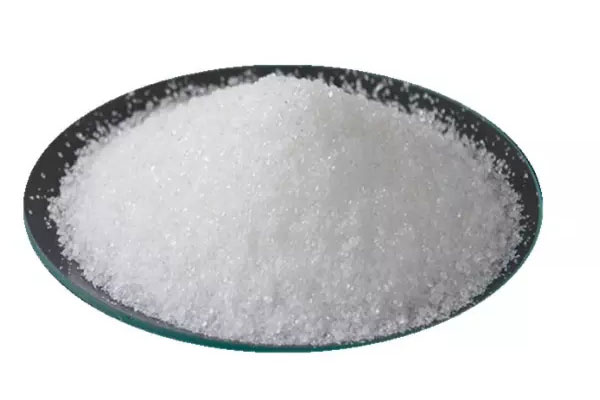
Adipic acid
Adipic acid is a key chemical used in the production of nylon-6,6, plasticizers, and polyurethanes. It also serves as a food additive and is used in pharmaceuticals and various industrial applications.
Uses:
- nylon for clothing
- carpets
- industrial products
- make plastics
Sorbic acid
Sorbic acid is a natural preservative commonly used in food and beverages to prevent the growth of mold, yeast, and fungi, helping to extend shelf life and maintain product quality.
Uses:
- Food Preservation
- Cosmetics
- Pharmaceuticals
- Packaging
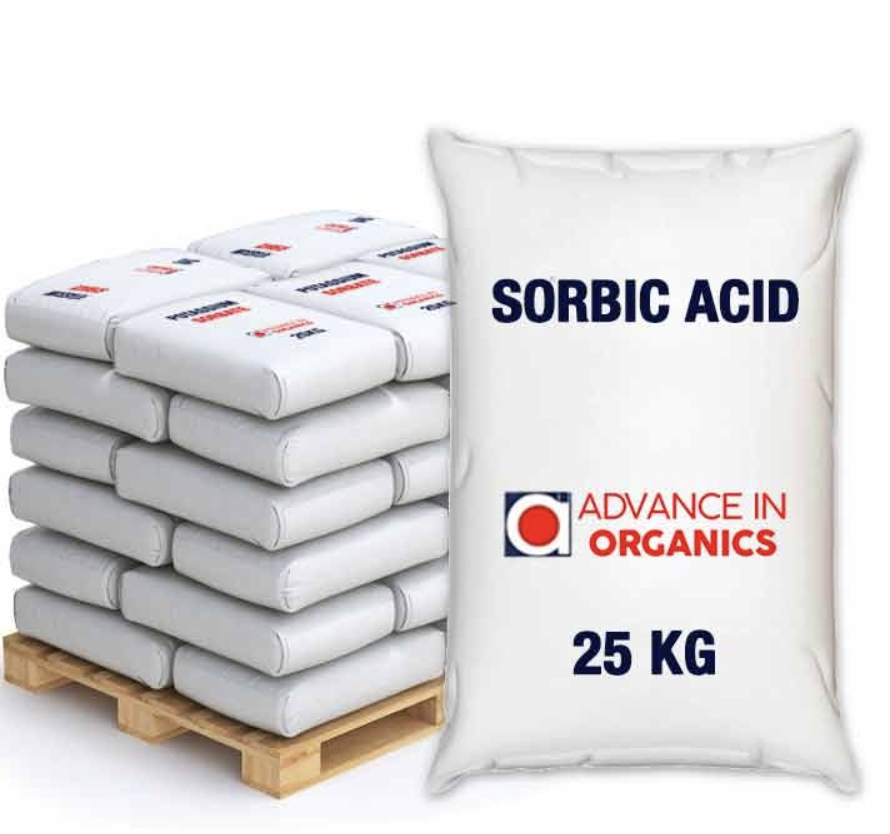
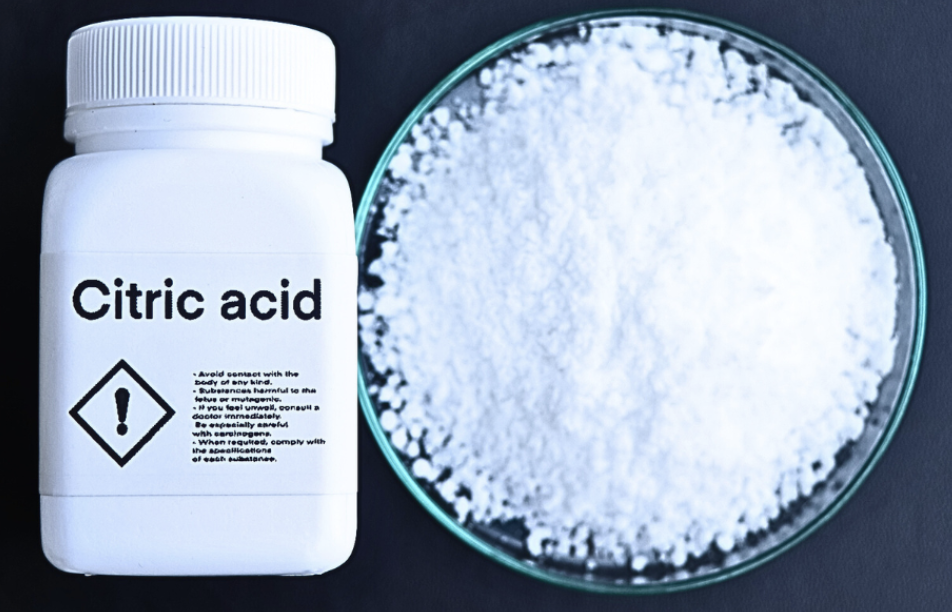
Citric acid
Citric acid is a natural acid used as a preservative and flavoring agent in foods and beverages. It also functions as a cleaning agent and pH adjuster in various products.
uses:
- Food and Beverages
- Cleaning Products
- Industrial Applications
Potassium sorbate
Potassium sorbate is a potassium salt of sorbic acid and is used primarily as a preservative in food, beverages, and personal care products. It helps inhibit the growth of mold, yeast, and bacteria, thereby extending the shelf life of products.
uses:
- Food Preservation
- Personal Care Products
- Pharmaceuticals
- Personal Care Products
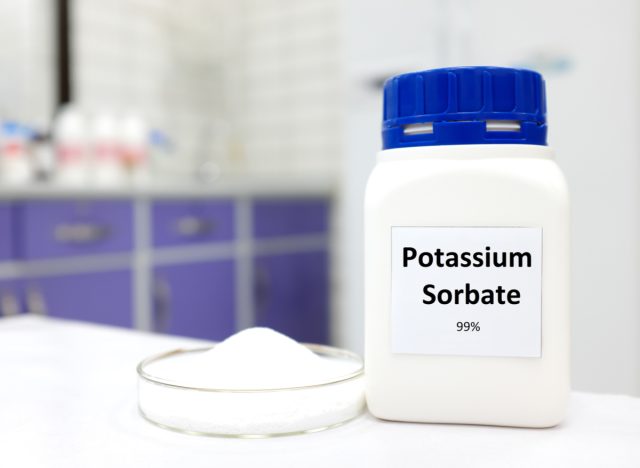
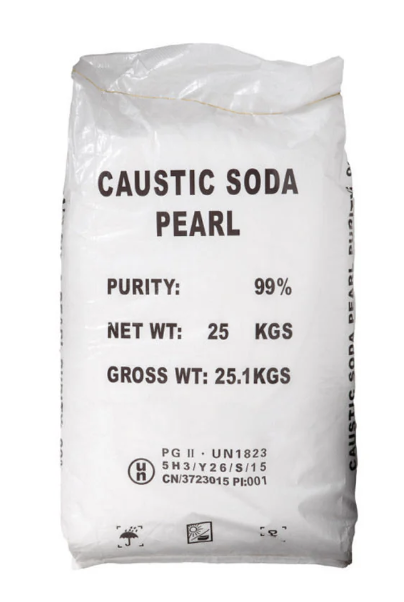
Caustic soda
Caustic soda beads, also known as sodium hydroxide beads, are a highly alkaline and corrosive substance commonly used in various industrial processes. They are typically found in solid, bead-like form and are used for their strong caustic properties.
uses:
- Chemical Manufacturing
- Water Treatment
- Pulp and Paper Industry
- Textile Industry
Liquid caustic soda
Liquid caustic soda, also known as sodium hydroxide solution, is a highly alkaline, aqueous solution of sodium hydroxide. It is used in various industrial processes due to its strong corrosive properties.
uses:
- Chemical Manufacturing
- Water Treatment
- Textile Processing
- Cleaning Agents
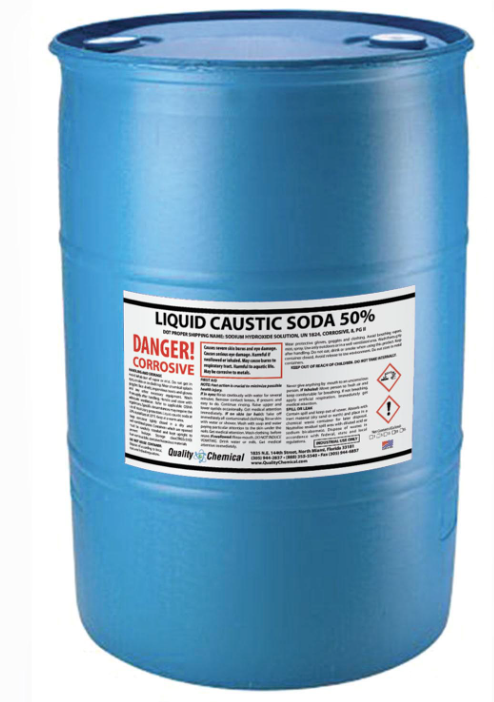
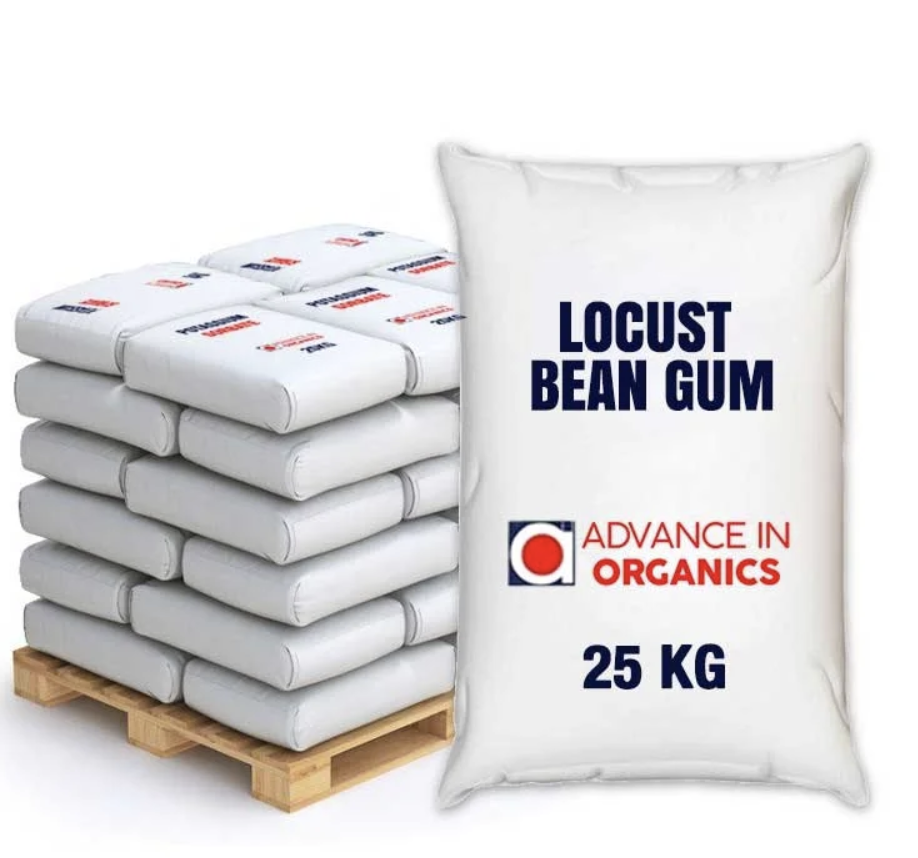
Locust bean gum
Locust bean gum, also known as carob bean gum, is a natural thickening and gelling agent derived from the seeds of the carob tree. It is used in various food and industrial applications due to its ability to improve texture and stability.
uses:
- Food Industry
- Beverages
- Cosmetics
- Pharmaceuticals
- Industrial Applications
Tea
Tea is the most popular beverages worldwide
- Preparation: Typically steeped in hot water for a few minutes, with the temperature and time varying by type.
- Types: Black, green, white, oolong, and herbal.
- Caffeine Content: Generally lower than coffee, but it varies by type. Green and white teas have less caffeine, while black tea has more.
- Flavor Profile: Ranges from light and grassy (green tea) to robust and malty (black tea).
- Health Benefits: Rich in antioxidants like catechins and flavonoids. Can aid in digestion, reduce stress, and improve heart health.
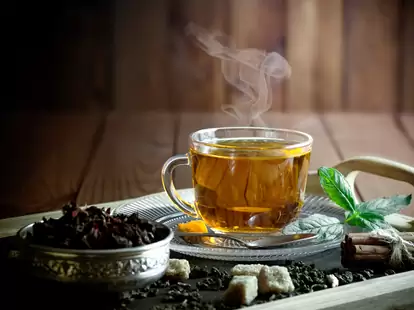

Coffee
Cofee is the most popular beverages worldwide
- Types: Arabica and Robusta are the main types, with various roasts (light, medium, dark).
- Caffeine Content: Generally higher than tea, providing a stronger energy boost.
- Flavor Profile: Ranges from fruity and acidic to dark and bitter, depending on the bean type and roast level.
- Health Benefits: Contains antioxidants and can improve cognitive function, boost metabolism, and lower the risk of certain diseases.
- Preparation: Brewed using methods like drip, espresso, French press, or pour-over. The grind size and water temperature affect the final taste.
